When it comes to LGBTQ rights in Belgium, they are among some of the most progressive in the world. Small in size, but larger than life in terms of its social, cultural, and political context, this small country of Europe has long set the precedent for LGBTQ rights across the globe and in Europe more specifically. In 2000, same-sex couples were granted domestic partnerships, and in 2003, Belgium became the second country in the world to legalize same-sex marriage.
While this legislation came into fruition relatively early in terms of the global LGBTQ spectrum, gay and lesbian rights in Belgium started well before 2003. In fact, same-sex sexual activity was legalized as far back as 1795, when the country was under French possession. Following the legalization of same-sex marriage in Belgium in 2003, a range of other LGBTQ laws were implemented. In 2003, anti-discrimination laws were introduced, covering all sectors including housing, employment, and hate speech.
The majority of Belgians are said to be in full support of same-sex marriage and adoption rights, so it comes as no surprise that ILGA-Europe reports a score of 73% in terms of overall LGBTQ rights in Belgium. This places Belgium in position two among 49 European countries. Overall LGBTQ rights also extend to trans rights, and in 2014, discrimination laws against any form of gender identity and expression were put into place. Following this development, transgender people were allowed to change their gender under any type of circumstance from 2018.
According to Equaldex, gay adoption in Belgium has been legal since 2006, with gay and lesbian people enjoying the same rights as heterosexuals, and lesbians also having access to IVF. Additionally, LGBTQ people can serve in the military, and are entitled to equal age of consent. In the political sphere of Belgium, LGBTQ culture also enjoys plenty of visibility, with seven politicians being openly gay, including the former Prime Minister Elio Di Rupo. It makes sense then that the country’s capital, Brussels is extremely LGBTQ friendly, with a host of gay bars, clubs, and gay-friendly establishments concentrated around Rue du Marché au Charbon. Brussels also hosts the longest running gay party in the world, La Démence.
So is Belgium safe for gay and lesbian travelers? Of course it is. While it is always advised to be aware of your environment wherever in the world you may be, walking hand-in-hand with your partner or publicly displaying any signs of affection is generally considered a safe thing to do in Belgium, particularly in Brussels. Beyond Brussels, other Belgian cities including Ghent, Bruges, and Antwerp enjoy the same level of LGBTQ openness, and you’re likely to be greeted with a warm reception by locals. According to the latest Spartacus Travel Index, Belgium ranked in position four in terms of LGBTQ rights, just behind Sweden, Portugal, and Canada. Additionally, it received scores of 0 in terms of hostile attitudes or religion playing any factor in people's engagement with the local LGBTQ community.
So if you like the idea of experiencing your pride in one of the most LGBTQ-friendly countries of Europe, be sure to stop by Belgium and appreciate everything this small, yet extremely progressive country has to offer. Those looking to connect with locals, should also consider booking a private room in an apartment with a misterb&b host. Enjoy safe and welcoming LGBTQ-friendly accommodation, and benefit from insider tips on the top gay things to do in Belgium.
/location_photos/data/13872/original/belgique-1600x600-min-1568905348.jpg)
 by
by






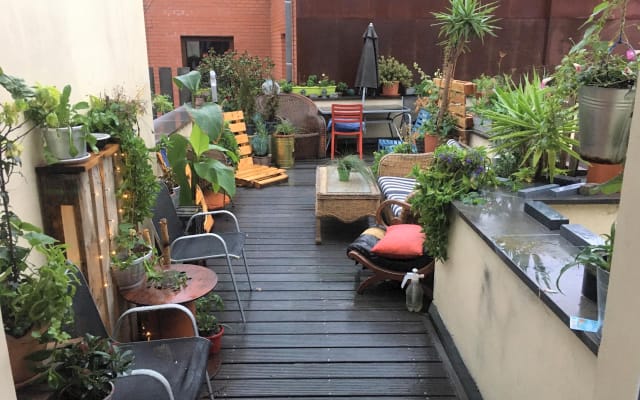

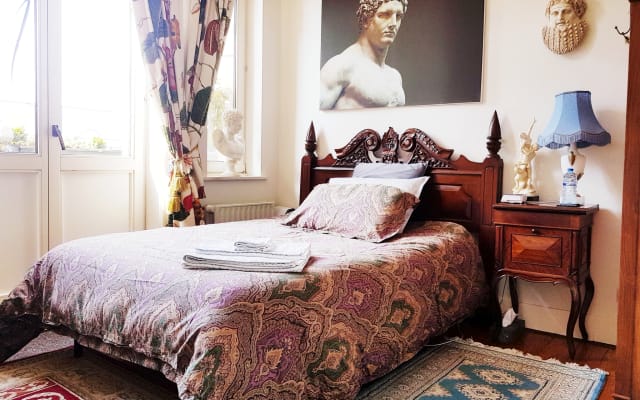



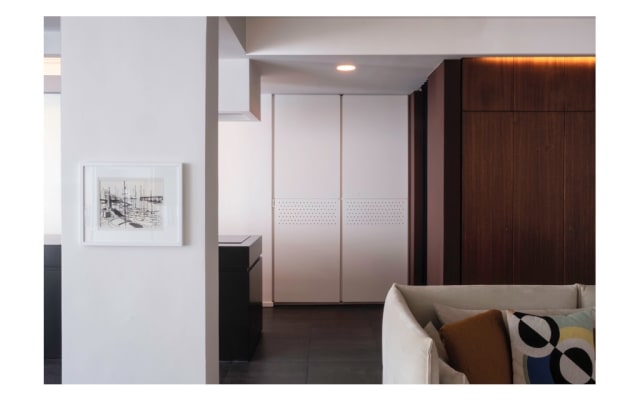



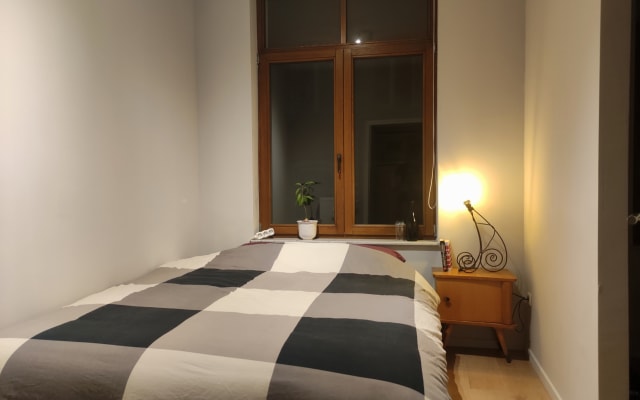

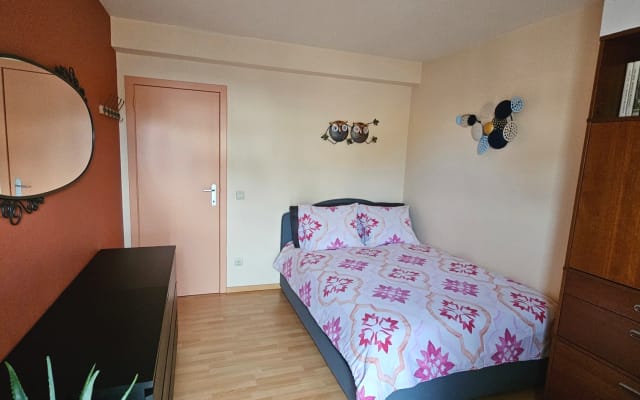

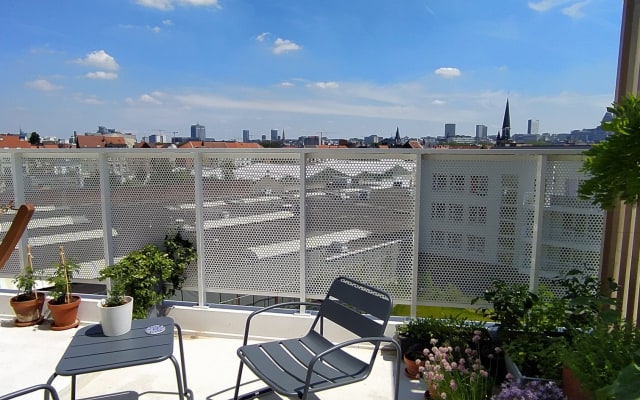

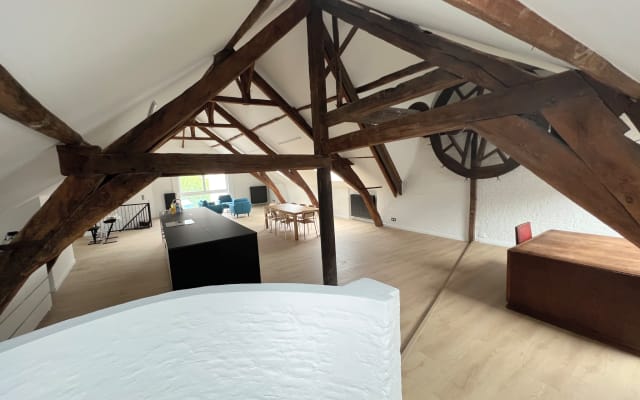

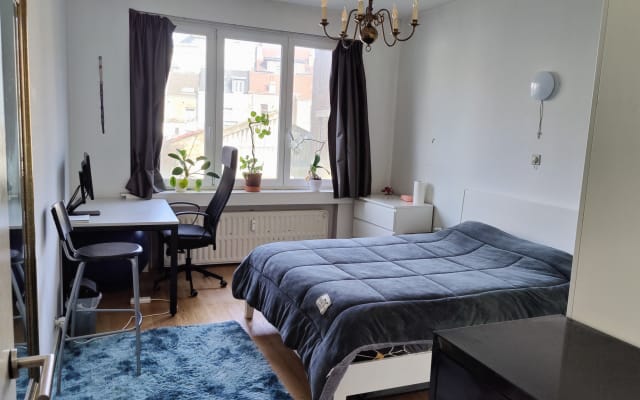

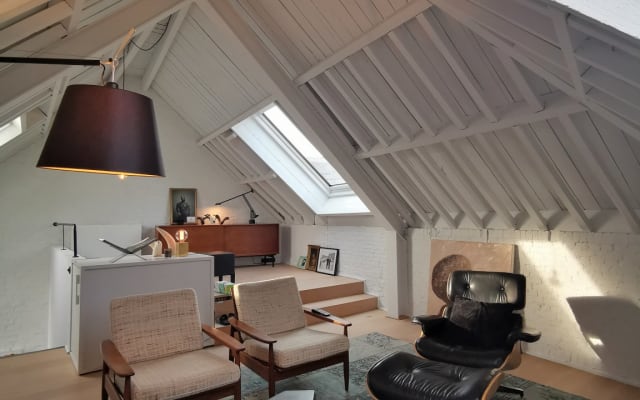



/location_photos/data/13773/original/brussels-new-1559050485.jpg)
/location_photos/data/13720/original/antwerp-copyright-visitflanders-1600-min-1550674622.jpg)
/location_photos/data/967/original/liege.jpg)
/location_photos/data/10138/original/la-demence-02.jpg)
/location_photos/data/5319/original/dolores.jpg)
/location_photos/data/3206/original/le-plattesteen.jpg)
/location_photos/data/3204/original/fontainas.jpg)






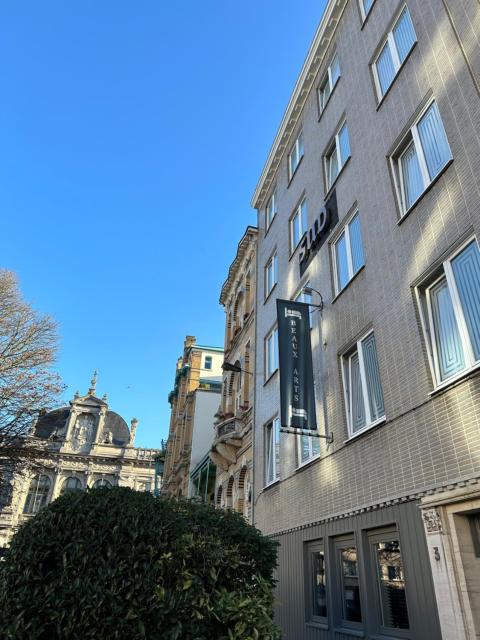
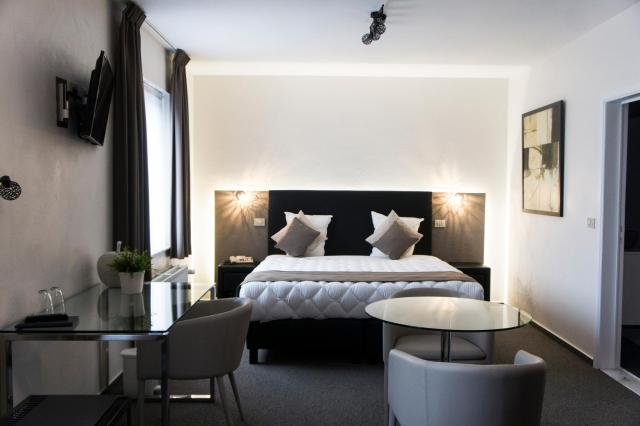


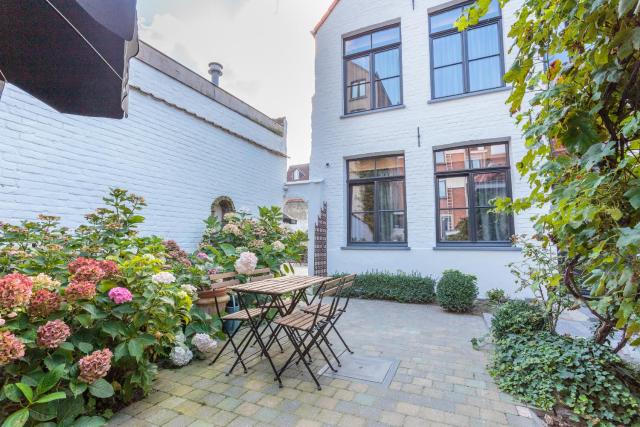

/location_photos/data/6586/original/chez-martin.jpg)
/location_photos/data/8952/original/graine-de-chef.png)
/location_photos/data/11689/original/1362-43288550263-2858-n-1477576891.jpg)
/location_photos/data/3264/original/mam-mam.jpg)